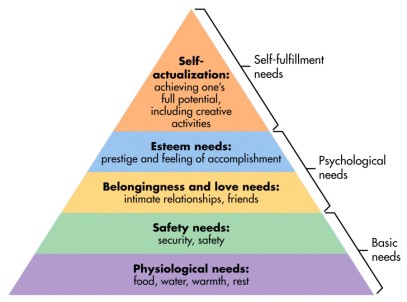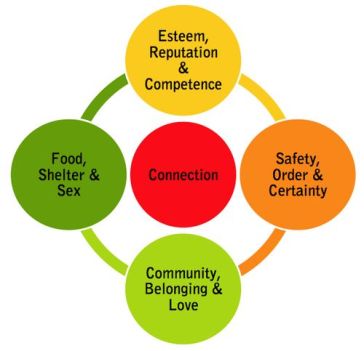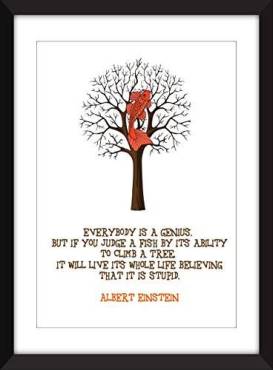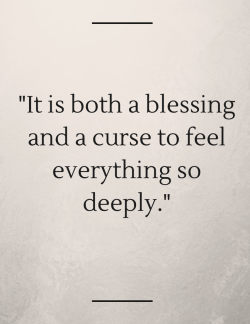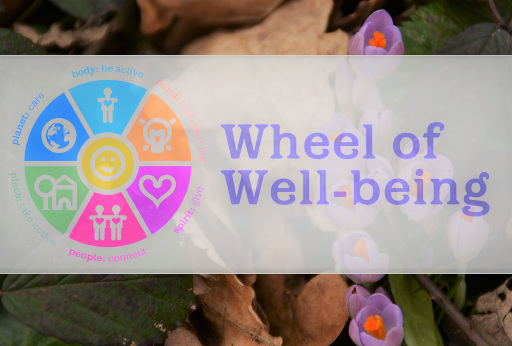Have you heard of FOMO before? It’s the abbreviation for Fear Of Missing Out, a phenomenon that started in the 2000s and keeps impacting our lives.
What does FOMO really stand for?
According to a study published in clutejournal, the definition of FOMO is ”the uneasy and sometimes all-consuming feeling that you’re missing out- that your preers are doing, in the know about, or in possession of more or something better than you”. Yes it’s that feeling, when we think we should have done that or been there or have this extra thing. It’s usually related to a new trend or popular event. We want so much to be up-to-date and integrated that we fear missing something out… That’s why we check our phones and social media several times a day or say yes to an invitation even though it doesn’t really intestest us. At some point, it can be really exhausting.
A Socio-cultural phenomenon
The rise of FOMO is almost inevitable in an all-consuming century. So many videos, books, films, exhibitions, festivals, shops we ‘must’ discover. In fact, there are so many things we ‘must’ go, see and do nowadays. The net and the magazines are full of articles entitled ”the places you must visit before you die” or ”the food you must taste” or ” the films you must watch” and so on… But we only have 24 hours per day and one life so we must make choices. That’s when we face what Barry Schwartz calls The Paradox of Choice or the phenomenon that Alvin and Heidi Toffler call Overchoice. It leads to the same feeling of frustration and dissatisfaction as FOMO. But there may be another choice!
JOMO or Joy Of Missing Out
In 2012, Anil Dash coined the term JOMO as an alternative to FOMO. It’s about finding joy in missing out an event or any of the ‘must do and see’. On a Saturday night, we choose to stay home and don’t go to this party we have been hearing about all week. We can be frustrated and think we are missing something great or be joyful about relaxing at home and having a quiet time. There is joy and freedom in not caring about missing something out. Why not saying joyfully ”no I don’t know about that, I haven’t been there”. JOMO is a phenomenon that says no to the bingewatching of series and films or bingereading of books and articles, the too long to-do-lists. It’s not about becoming an ermite either but rather about asking ourselves if we are accepting an invitation for the good reasons. Is it because we are really interested in this event or because we just fear to miss it?

Do you have any tips to limit FOMO?



